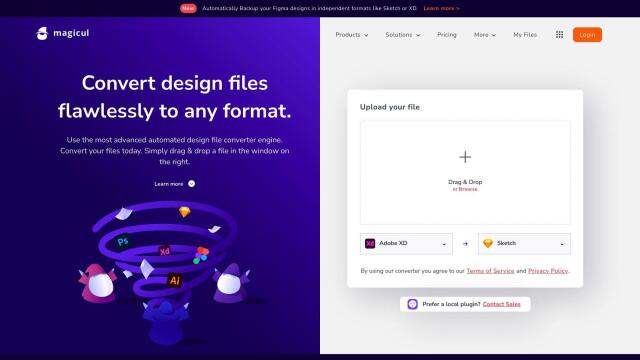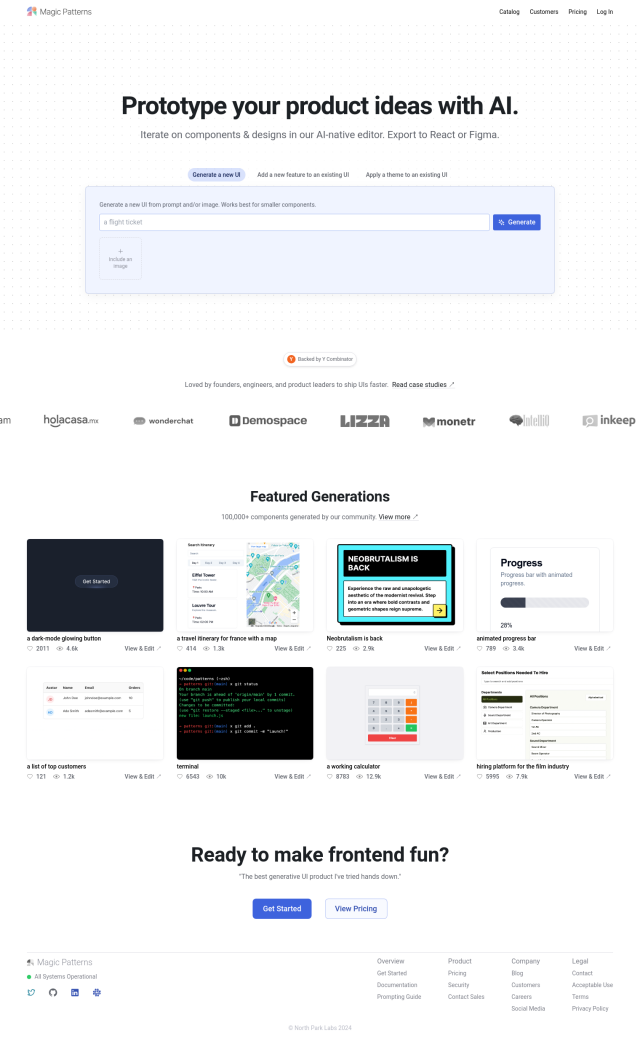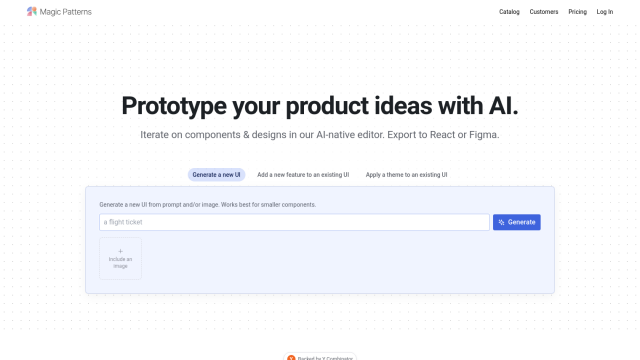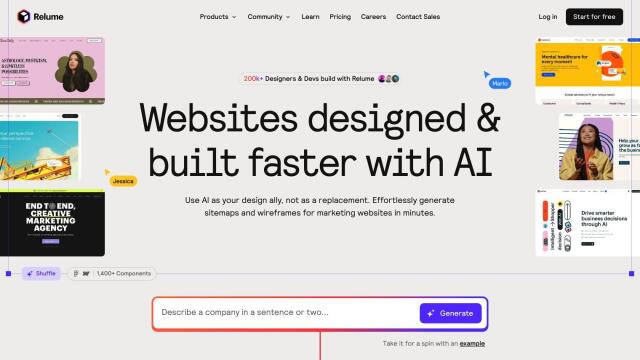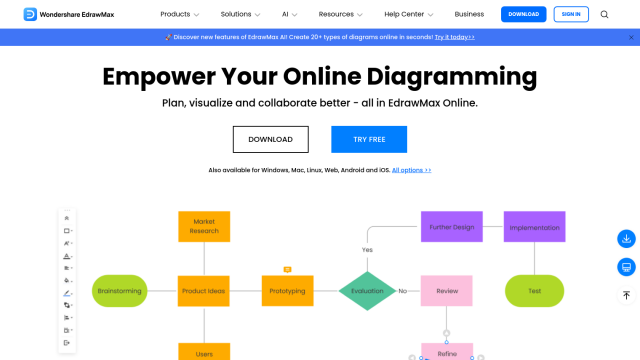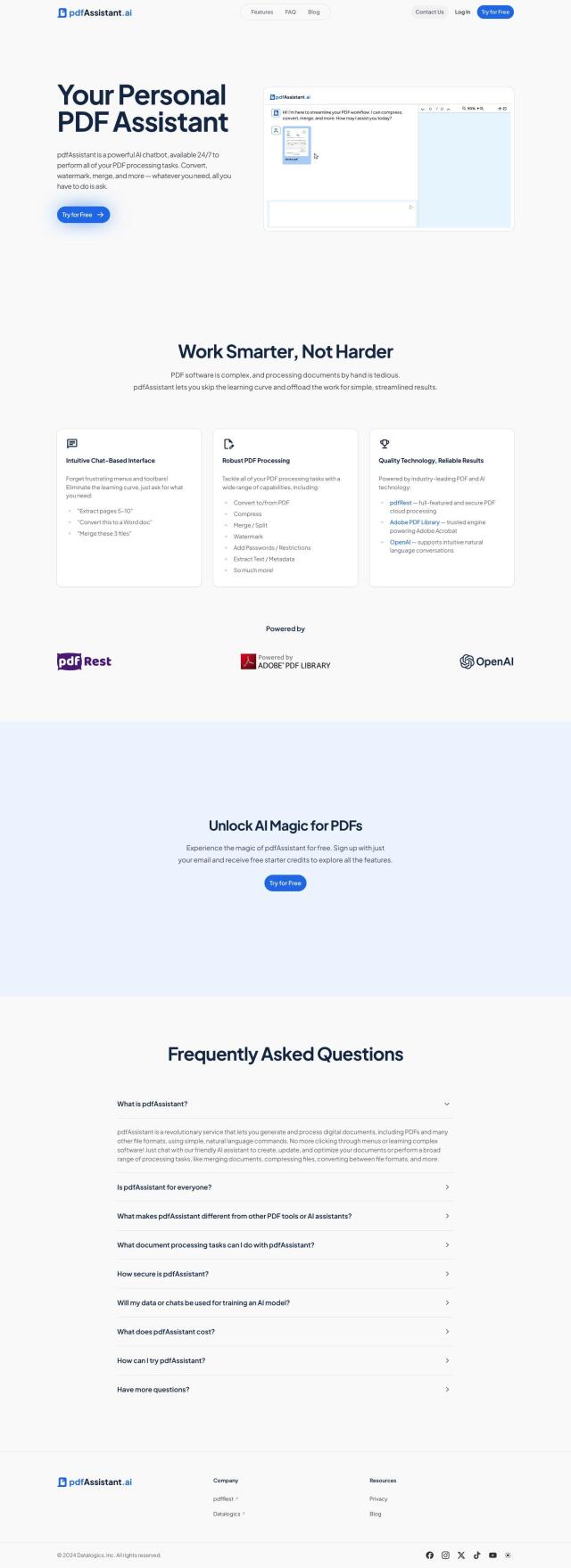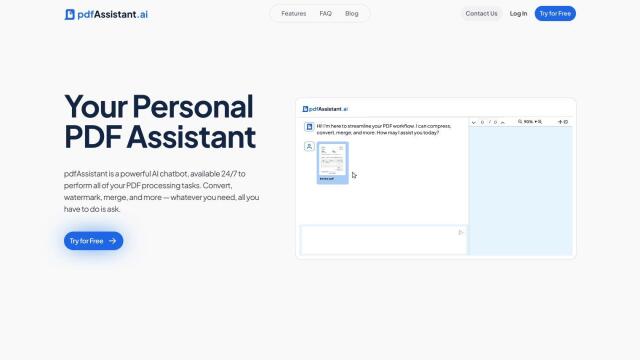

Codejet
If you're looking for another Magicul alternative, Codejet is worth a look. It automates the process of turning designs into code, bridging the gap between designers and developers. Codejet's features, like AI Code Generation, a Visual Editor and a Figma Plugin Assistant, ensure compatibility and responsive web design. And it offers three pricing plans for teams of different sizes and needs, so it's adaptable to your needs to improve collaboration and workflow.
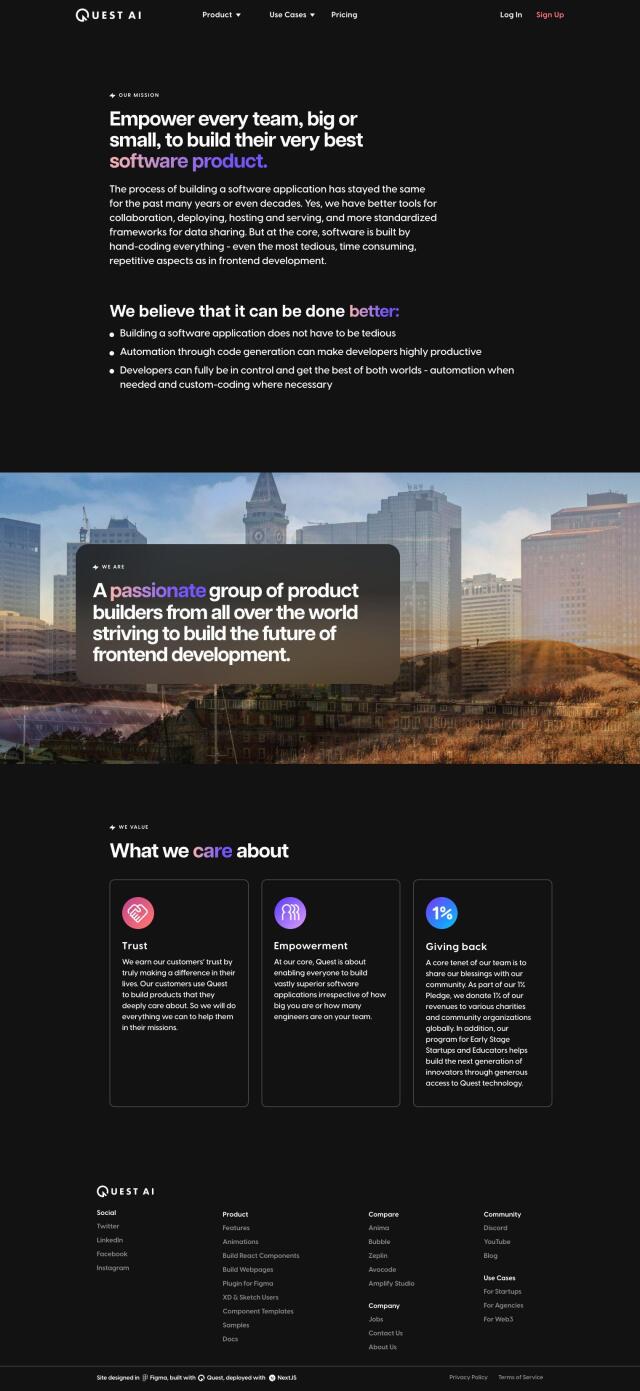

Quest
Another good option is Quest, which converts Figma designs into React components. The tool, which uses AI models to produce clean, modular code, also supports design systems and component libraries. It's got features like Animation Library, Clean Code and Version Control that should appeal to developers. Quest also has good collaboration abilities and more than 1,000 templates and components to get you started with projects.


Bifrost
If you want the best React integration, Bifrost is an AI tool that converts Figma designs into clean, type-safe and conditionally rendered React code. It supports frameworks like Tailwind and Chakra, and you can update components with new design changes. That makes it a good tool for developers and designers who want to avoid tedious coding work and speed up their development cycles.


data.to.design
Last, data.to.design can help you speed up your design work by plugging real content straight into your Figma designs. It can handle lots of data formats, and you can add stress testing and logic to your designs. It's good for designers and product teams who want to create more realistic prototypes and work more efficiently, so it's a good addition to your design toolbox.

